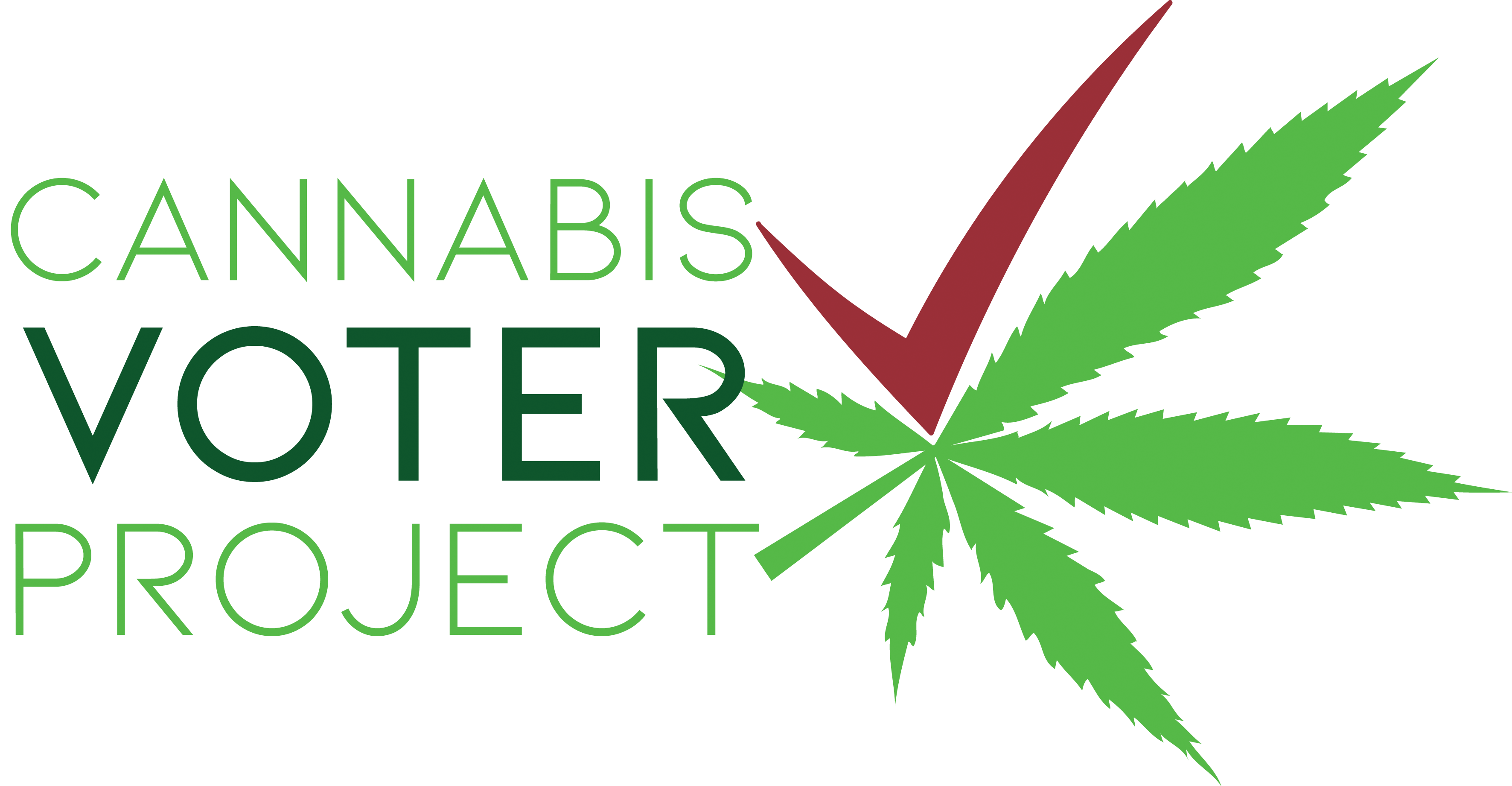In an interview with HeadCount back in 2012, Bob Weir, founding member of the Grateful Dead, discussed the importance of registering to vote. “Just register, study up and vote. It’s your future. Don’t let people take that from you,” says Weir. “Cause in years to come you’ll be wishing you had.”
Tuesday, September 24th is National Voter Registration Day and we want to remind our readers to register to vote. If you subscribe to our newsletter, read our articles, news stories, columns and features, then chances are that you support legal cannabis. If you are supportive of legal cannabis, then you should consider voting for candidates that support the same cause. Cannabis legalization is about more than just creating a legal marketplace; it’s about social justice, equality, civil rights and more. If you can heal the symptoms, but not affect the cause, it’s quite a bit like trying to heal a gunshot wound with gauze.

Image: jgullo, Flickr
The 2020 election is approaching faster than you think and choosing candidates that support legal cannabis is a quick and easy way to help. We really like what the Cannabis Voter Project (CVP) is up to. CVP is a nonprofit initiative started by HeadCount, an organization that promotes voter registration and participation in democracy through the power of music. This past summer, CVP went on tour with Dead & Co., engaging with concertgoers about registering to vote. Headcount has helped about 600,000 people register to vote so far. Bob Weir sits on their board of directors. Bands like Phish, Jay-Z, Dave Matthews, Pearl Jam have also helped get the word out about registering to vote as a part of HeadCount’s campaign.
You can register to vote or check your voter registration status by clicking here. You can also text CANNA to 40649 to contact your lawmakers and ask where they stand on cannabis. Once in a while you get shown the light, in the strangest of places if you look at it right. At the CVP’s website, you can check out their database of congress, organized state-by-state, with each members’ stance on cannabis.
Their advisory board features cannabis companies like CannaCraft, Terrapin Care Station, Harvest, Sal Pace Consulting, 1906 and Vicente Sederberg. They went on tour with funk band Lettuce to educate the band’s fans about what’s going on with cannabis policy in their state and how they can use their vote to impact cannabis policy.
Cannabis is a bipartisan issue. The cannabis voting bloc is bigger than you think and we have the power to make change happen by making our voices heard. “HeadCount is not so much political, it’s nonpartisan,” says Weir. “What we’re trying to do is get kids to register, pay attention to what candidates are saying, pay attention to the politics of the moment, and react with their hearts and minds.”
The cannabis legalization movement has made serious progress recently, but we still have to just keep truckin’ on.










